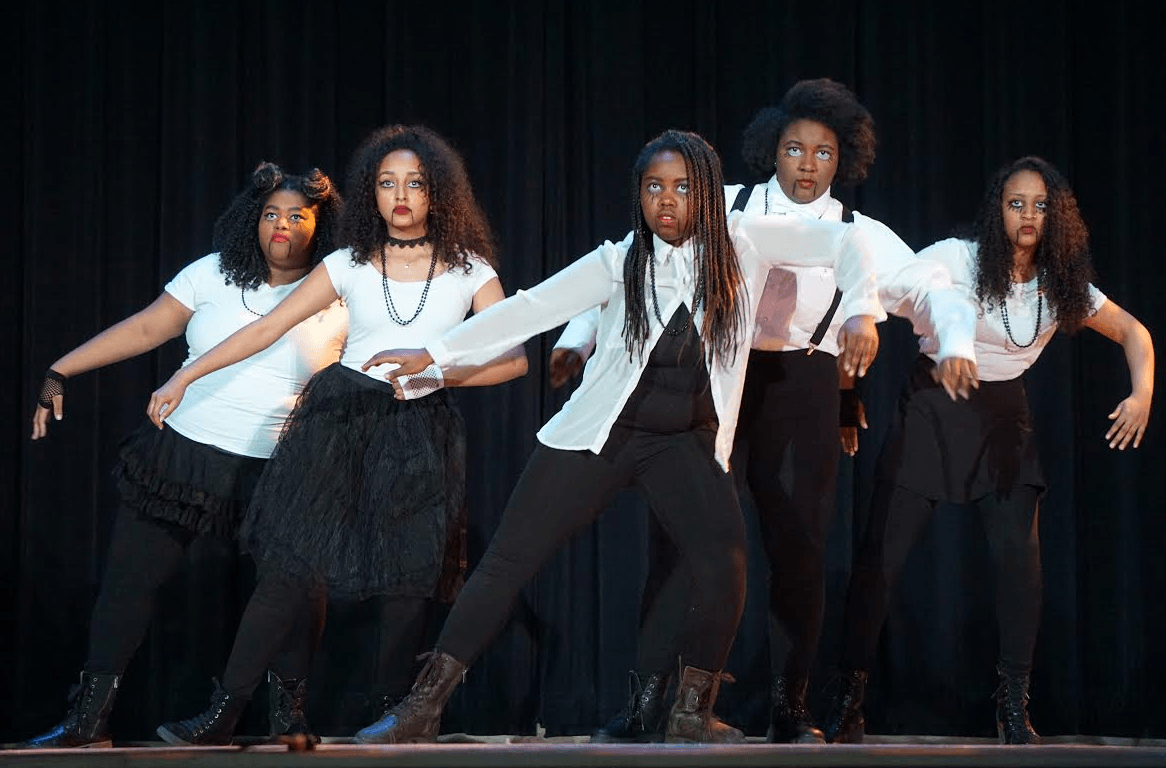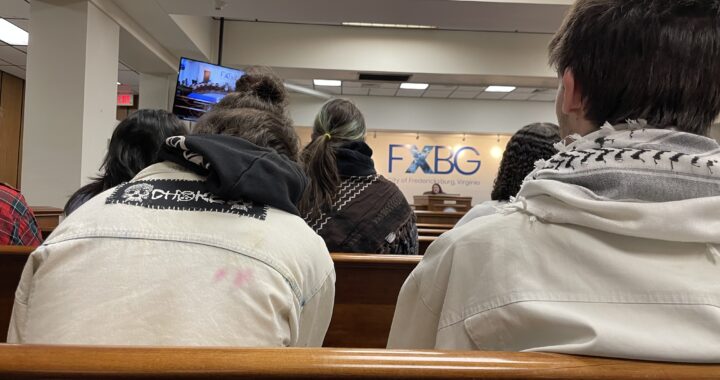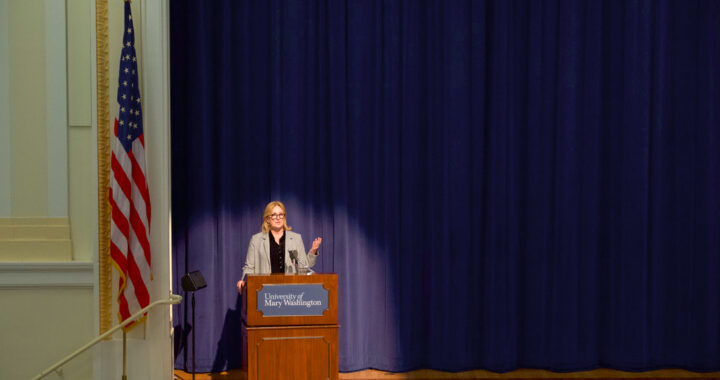Black history month recognized at UMW, overlooked by students
3 min read
Marion Sanford
By ASHLEY RIGGLESON
The James Farmer Multicultural Center has sponsored several events this February in connection with Black History Month. The events ranged from the Gospelfest on Feb. 6 to sampling African, Caribbean and Cajun cuisines, which University Dining has offered throughout this month, allowing students ample opportunities to experience a variety of African American traditions.
The events emphasized the importance of African American contributions to society in the United States. Unfortunately, some students were unaware that the events were happening and missed a welcome a chance to acknowledge African American achievements in a way they have not done before.
“I haven’t really celebrated Black History Month in the past,” said senior English major Kim Sealock, “though I’m planning to change that by sampling some of the African Cuisine they have at UMW Dining.”
Black History is more than just cuisines, though, a fact that Dr. Marion Sanford, director of the James Farmer Multicultural Center, emphasized. “I think it’s important to celebrate who we are [and] our heritage. To motivate the next generation to continue the celebration, the accomplishments, and the struggle for equality,” Sanford said.
According to Dr. Sanford, Black History Month is itself not without a storied history. “It began as Negro History week,” Sanford said, and it was placed in February in 1926 to coincide with the birthdays of Abraham Lincoln and Frederick Douglass, figures whose historical significance to the African American community cannot be denied, according to Sanford.
With all of this considered, the celebration of Black History Month seems particularly robust this year. “I like all [of the events we are holding this year] because they touch on different aspects, challenges, and issues, but also successes. The programs offered are very diverse and sponsored by different academic departments, different student groups, and members of the local community,” Sanford said.
Unfortunately, some students, commuters in particular, were unaware that these events were taking place and will continue until the end of February. “I didn’t know there were any Black History Month events,” said junior English major John Martin. Sealock had a similar experience. “I think in the future events should be a little more advertised,” Sealock said.
Regardless, the efforts surrounding the celebration of Black History Month at the James Farmer Multicultural Center were great in scope this year and Sanford, in particular, has an empowering message for students whose understanding of Black History is limited to landmark events like slavery and the Civil Rights Movement.
“These events are significant in and of themselves, but also collectively as part of our journey. It is important to note that Black History continues just as American history continues. We are still facing issues (especially as it relates race relations, access, and opportunity), striving to overcome certain challenges and obstacles, still seeking Dr. King’s, Dr. Farmer’s and others’ dream of equality and justice for all, but still achieving and being successful in America (for example, finally being able to say we have elected an African American citizen as president) and throughout the world,” Sanford said.











